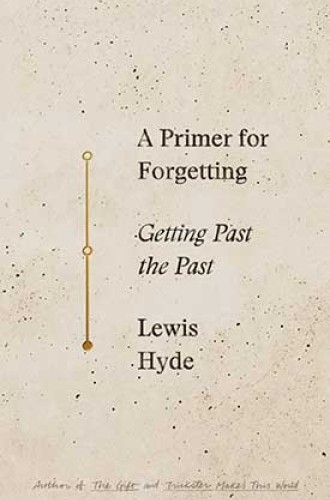When forgetting is more useful than remembering
Some things are better forgotten, says Lewis Hyde.
Lately I have become acquainted with a man who has some of the deepest regrets in his life that I’ve ever encountered in another person. He shot and killed a man when he was very young in the presence of his then girlfriend, now ex-wife two times over. “She’s never been the same since,” he tells me. He was a drug runner for a gang. He served as a sniper in Iraq, and he can’t forget what he did or what he saw. Now his alcoholism gives him more to regret every day as he tries, ineffectively, to silence his conscience. He is also a lovely human being who is by turns tender and despairing, who sees clearly how self-hatred has gotten the best of him. He longs for release, but he cannot offer it to himself.
I thought of this man often when I was reading Lewis Hyde’s A Primer for Forgetting. Hyde is a cultural critic, essayist, poet, and folklorist perhaps best known for his classic book The Gift, which is about gift economies, creativity, and fairy tales. Hyde might call what afflicts my friend “the Furies,” which he describes as mythical creatures who refuse to let go of the past. “They cling to the memory of hurt and of harm, injury and insult. Their names are Grievance, Ceaseless, and Bloodlust. Their names are Grudge, Relentless, and Payback. They bloat the present with the undigested past.”
The ability to remember has an important place in our culture and in our myths. In Platonic thought, Hyde says, remembering meant not so much clinging to the past as ordering one’s life according to eternal truths. Forgetting was falling away, neglecting these basic essences. Moderns have cherished the cry, “Never again!” as an admonition to remember the circumstances that led to the Holocaust so that it never happens again. These are precious functions of memory.





